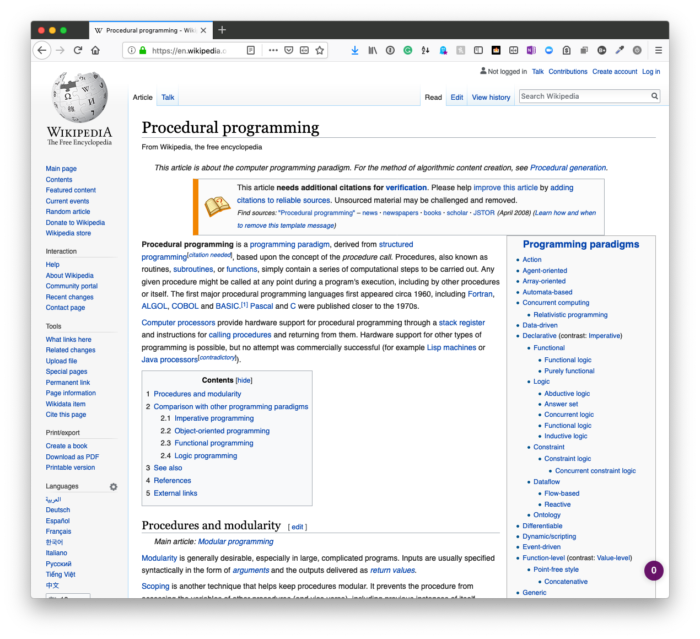We’re finally at the final post of the series on refactoring the WordPress Widget Boilerplate. By the end of this post, we’ll have the development branch of our code done, and we’ll be ready to merge everything into the master branch.
There is, however, still a bit of work to do. Namely:
The last thing we’re going to look at after this is tightening up some of the conditional logic along with a word about caching data (since we’re already doing a bit of that in earlier posts).
So those are the two things we’re going to be looking at in this post. Specifically, we’re going to look at handling conditional logic for the front-end and then how to implement basic caching.

